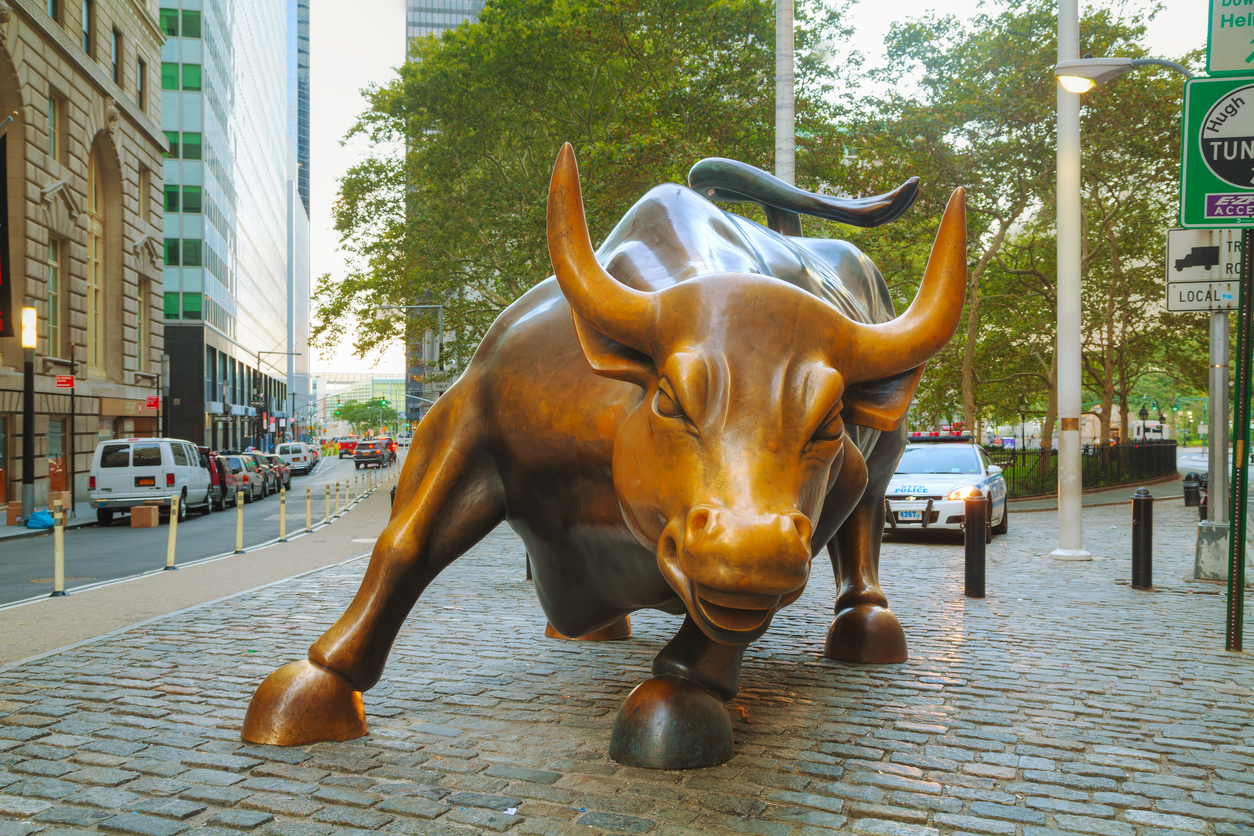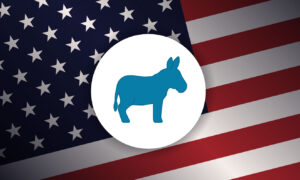The Scoop: Some business leaders begin to break silence over tariffs
Plus: How Crocs embraced its uncoolness; Meta releases new AI models.

As the aftermath of President Donald Trump’s new tariffs continue to roil international markets, some leaders on Wall Street and beyond are beginning to speak out publicly about the economic impact.
Jamie Dimon, JPMorganChase CEO, became the first head of a Wall Street bank to speak about the negative impacts of the tariffs. In his annual investor letter, he gave a polite but clear critique laying out what he sees as the future of the economy if the tariffs persist.
“Whatever you think of the legitimate reasons for the newly announced tariffs — and, of course, there are some — or the long-term effect, good or bad, there are likely to be important short-term effects,” Dimon said, carefully giving Trump some credit for his policies. However, he later acknowledged, “Whether or not the menu of tariffs causes a recession remains in question, but it will slow down growth.”
“The quicker this issue is resolved, the better because some of the negative effects increase cumulatively over time and would be hard to reverse,” Dimon added. “In the short run, I see this as one large additional straw on the camel’s back.”
Other Wall Street leaders also chimed in, some more pointedly than Dimon.
“We are in the process of destroying confidence in our country as a trading partner, as a place to do business, and as a market to invest capital,” wrote Bill Ackman, hedge-fund manager of Pershing Square.
And, of course, some defended the president’s economic policy.
“With nations seeking to cut deals with the Administration…the President is well positioned to start claiming some victories — he just needs to want to seize them,” Michael O’Rourke, chief market strategist at JonesTrading.
Why it matters: Until now, there had been widespread silence from business leaders across industries over the many changes the Trump administration has brought. But Wall Street, confronted by days of major losses, finally began to speak as tariffs began to have an impact on the bottom line — likely a major tipping point for many organizations. Until now, many of the accommodations businesses have made for the president have centered around social issues, such as DEI. But when economic policy begins to impact the core function of businesses — making money — they may not be as accommodating.
The leaders quoted here offer three potential paths forward. Dimon gave a thoughtful, circumspect statement that gave the president some affirmation even as he predicted a gloomy outlook. His words were not directed directly at the administration (though it’s very likely Trump will hear them, given Dimon’s stature), but rather looked at the overall economy.
The two hedge-fund managers spoke more directly to Trump. Ackman chose a direct, aggressive approach while O’Rourke combined compliments with a call to action that borders on a dare.
Speaking out carries risks, given the president’s willingness to punish those who oppose him. But walking a careful line, as Dimon did, may help businesses conduct a subtle public relations campaign toward more favorable economic conditions — all while reassuring investors that they have a plan.
Editor’s Top Reads
- Crocs went from fashion pariah to popular footwear brand by embracing its ugliness. A CNBC article looked back on the clog’s history and the moment when it became cool through its very uncoolness. “The biggest thing I saw from a messaging perspective was their shift from trying to convince consumers that it was about comfort and function, to basically saying, ‘Yeah, we know we’re ugly, but that’s why you should love us, because that’s what makes us one of a kind and unique,’” said Annie Wilson, a senior lecturer of marketing at The Wharton School. That messaging tweak, along with the introduction of Jibbitz, small shoe charms used for self-expression, led to a near doubling of revenue from 2020 to 2021, with revenue remaining strong today. This simple change shows how embracing audience perception, even if it’s not always positive, can yield big dividends. By stopping their struggle against how the audience viewed the shoe, Crocs was able to thrive, warts and all.
- X is seeing a revival, thanks to Elon Musk’s position of power within the Trump administration. The platform’s head of news received a rotating seat in the White House Press Corps and a shoutout from the press secretary. Government agencies have created new X accounts to help spread the word about their efforts, banks have sold off billions in government debt and major advertisers have returned after hiatuses. A presence on X might help catch the attention or earn the favor of government officials from a public affairs perspective. However, the platform also carries brand safety risks, given its lack of moderation, and is viewed as a heavily politicized platform. There are risks and drawbacks to both presence and absence from the platform. Ultimately, government affairs needs must be weighed against the overall audience perception.
- Meta has released new Llama 4 AI models, with the promise of more on the way. For users of Messenger, WhatsApp or the Meta.Ai website, the introduction of the Scout and Maverick models is seamless, with the AI choosing which of the more powerful models to use based on your query. But the tools have also been released opensource, offering a platform that other organizations can build off of. Meta also teased the forthcoming Behemoth model, still in training, which will in turn become a trainer for new tools. All of this is to pave the way for smarter agentic AI models in the future, which will be able to act autonomously across the web to complete tasks. Stay up to date on this rapidly evolving area of AI — don’t get left behind.
Allison Carter is editorial director of PR Daily and Ragan.com. Follow her on LinkedIn.







